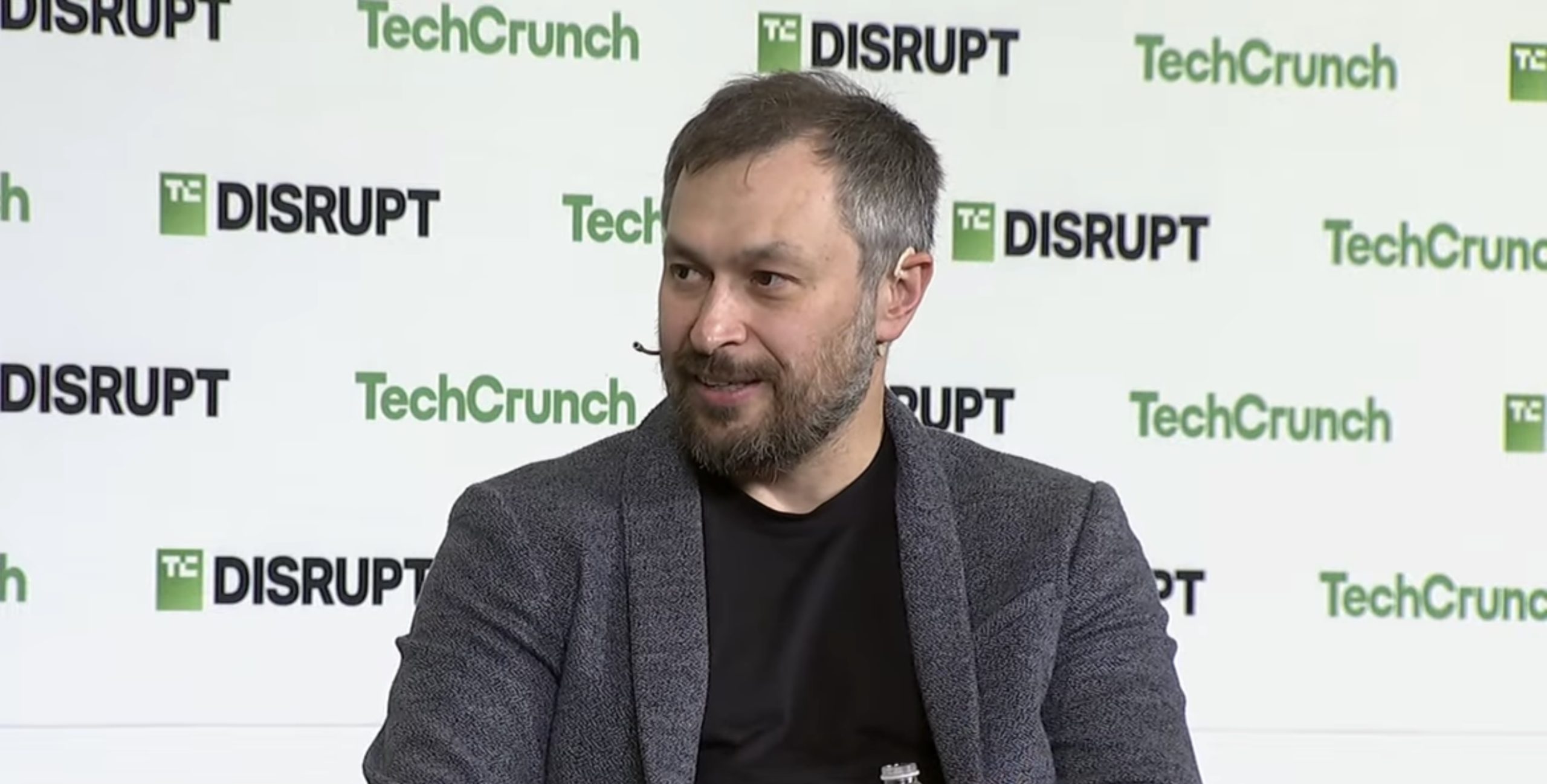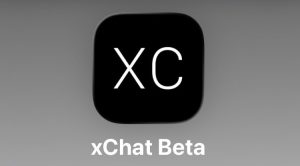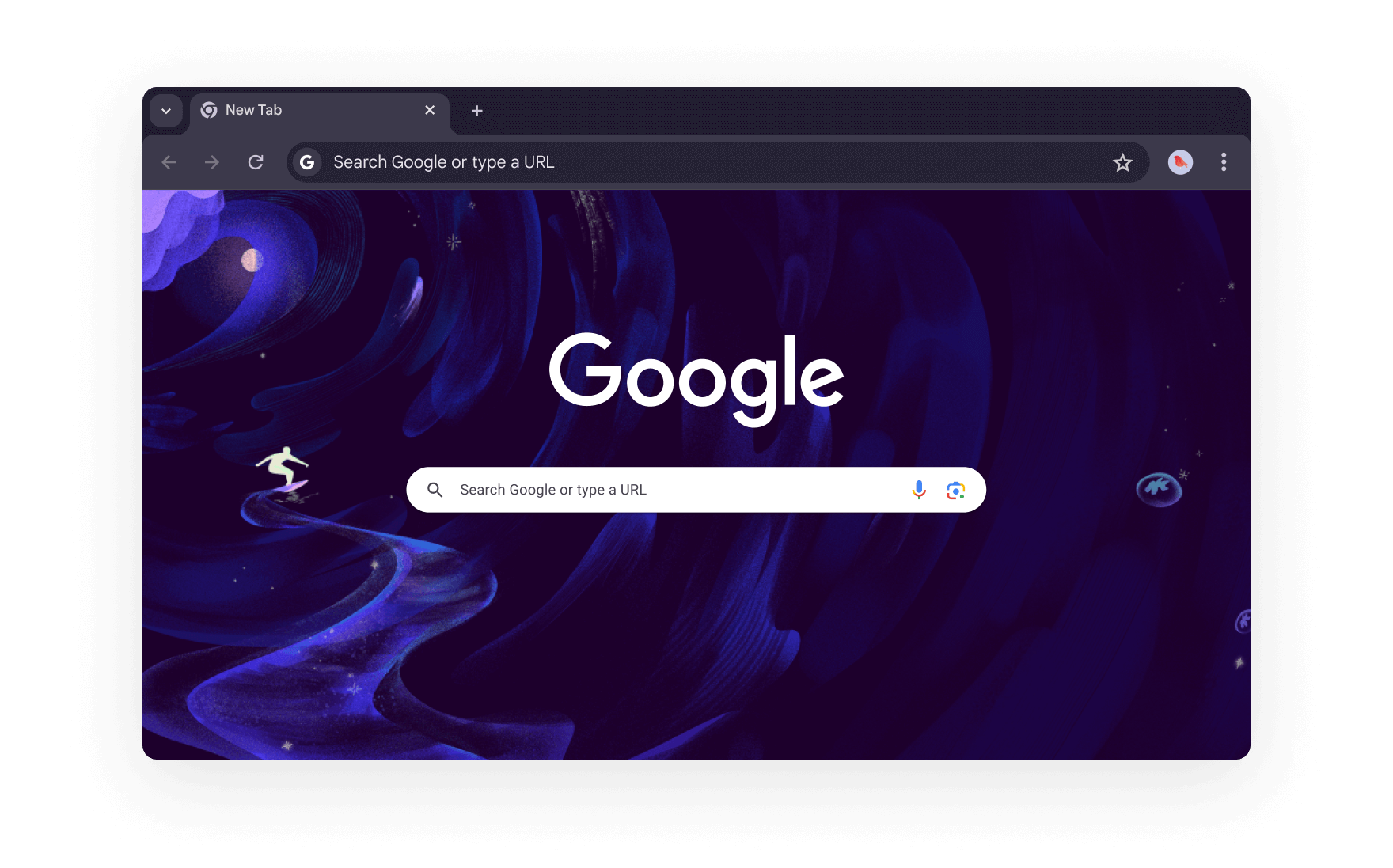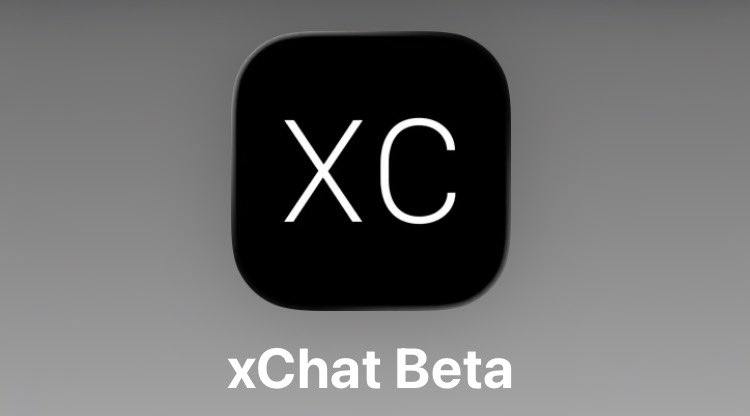
The integration of advanced artificial intelligence into software development is profoundly reshaping the engineering landscape, a transformation acutely observed by Anatoly Yakovenko, co-founder of the Solana blockchain protocol. His perspective, shared at a recent industry gathering, highlights a personal evolution in his approach to coding, transitioning from direct command to a more supervisory role as autonomous AI agents increasingly handle intricate development tasks. This shift underscores a broader industry trend where artificial intelligence is no longer merely an assistant but an active participant in the creation process, prompting experienced developers like Yakovenko to redefine their engagement with technology.
The Ascent of Agentic AI in Software Engineering
Agentic coding represents a significant leap beyond earlier AI-powered tools that primarily offered code completion or basic debugging. These advanced systems are designed to operate with a degree of autonomy, interpreting high-level instructions, breaking down complex problems into manageable sub-tasks, and iteratively generating and refining code solutions. Unlike earlier "copilot" models that augmented human developers, agentic AI endeavors to act as a self-directing entity, capable of navigating multifaceted development workflows from conceptualization to execution with minimal human intervention. This paradigm shift suggests a future where software engineering roles may increasingly involve oversight, strategic guidance, and quality assurance, rather than granular coding.
Yakovenko, with over fifteen years embedded in software development, describes this technological advancement as a profound amplifier for those with deep expertise. He articulated his comfort in stepping back from the minutiae of coding, allowing AI systems to manage development tasks. His experience involves monitoring these autonomous processes, developing an almost intuitive sense for when an AI might be veering off course or encountering logical inconsistencies. This discerning oversight, even amidst other professional engagements, points to a new dynamic where human intuition and experience serve as a critical checkpoint for AI-driven development. The implications for productivity are immense; development cycles could shorten, and the capacity for innovation could accelerate as AI handles repetitive or computationally intensive coding efforts, freeing human engineers for more conceptual and architectural challenges.
The market impact of agentic AI is poised to be transformative. Companies across sectors are exploring how these tools can accelerate product development, reduce time-to-market, and potentially lower development costs. However, this evolution also brings challenges. The need for robust validation mechanisms, ethical considerations around AI-generated code, and the potential for new security vulnerabilities become paramount. The legal and intellectual property implications of code created largely by AI are also nascent areas of debate, setting the stage for new regulatory frameworks and industry standards.
Solana’s Surging Momentum and Mainstream Acknowledgment
Concurrently with these technological shifts, Solana, the high-performance blockchain co-founded by Yakovenko, has experienced a remarkable period of growth and validation. Despite a broader market that has seen many cryptocurrency projects contend with volatility and skepticism, Solana has distinguished itself through its technological robustness and expanding ecosystem. Its innovative Proof-of-History consensus mechanism, which allows for exceptionally high transaction throughput and low fees, has positioned it as a compelling alternative to older, more congested networks like Ethereum.
The protocol recently announced an impressive $2.85 billion in annual revenue, a testament to its vibrant activity. This financial success is predominantly fueled by a burgeoning ecosystem of decentralized applications (dApps), non-fungible tokens (NFTs), and, critically, robust activity on various crypto trading platforms leveraging Solana’s speed and efficiency. The network’s capacity to process thousands of transactions per second makes it particularly attractive for high-frequency trading and applications requiring instantaneous finality.
A significant milestone arrived with the launch of the first Solana exchange-traded fund (ETF), introduced by the prominent crypto asset manager Bitwise. The day preceding Yakovenko’s address, this new financial product attracted nearly $70 million in inflows, signaling a growing acceptance and institutional appetite for Solana. ETFs offer a regulated and accessible pathway for traditional investors to gain exposure to cryptocurrencies without directly owning or managing the underlying digital assets. This development is not merely a financial success; it represents a crucial step towards mainstream integration and legitimization for the Solana ecosystem, mirroring similar breakthroughs seen earlier with Bitcoin and Ethereum ETFs. It indicates a maturation of the digital asset market, where traditional finance is increasingly recognizing the potential of blockchain technology beyond speculative trading.
Yakovenko posited that this increasing embrace of cryptocurrencies, particularly from the established financial sector, stems from a deep understanding of core financial concepts. He suggested that professionals accustomed to the intricacies of "settlement risk" – the danger that one party in a transaction defaults before the other party settles their obligation – and "banking risk" – the potential for financial institutions to fail or be unable to meet their obligations – are uniquely positioned to appreciate the solutions offered by decentralized blockchain networks. Blockchains inherently minimize these risks by offering immutable, transparent, and near-instantaneous settlement, bypassing traditional intermediaries and their associated vulnerabilities. This perspective highlights the fundamental appeal of distributed ledger technology for an industry long grappling with systemic inefficiencies and counterparty risk.
Navigating the Ethical Labyrinth of Open Protocols
Despite Solana’s technological triumphs and financial ascendancy, the platform, like many decentralized networks, faces inherent challenges stemming from its open and permissionless nature. A significant point of contention has emerged around the hosting of certain tokens, notably "Trumpcoin," which critics argue has facilitated substantial financial contributions to a political figure, estimated at $350 million. This situation has ignited a fierce debate, with detractors perceiving such mechanisms as a form of "public bribery," particularly in light of high-profile presidential pardons granted to figures in the cryptocurrency space, including Tron founder Justin Sun and Binance founder Changpeng Zhao. These pardons, issued to individuals who faced legal scrutiny, have fueled suspicions of a quid pro quo arrangement, drawing sharp criticism regarding the ethical boundaries of cryptocurrency in political contexts.
The core dilemma for platforms like Solana lies in the fundamental principle of decentralization: as an open protocol, it is designed to be a neutral infrastructure, allowing anyone to build and transact without central oversight or censorship. Yakovenko articulated this inherent neutrality by drawing an analogy to email. He explained that just as one can send an email containing links to a "Trumpcoin" or a "Fartcoin," the underlying protocol – be it email or the blockchain – remains agnostic to the content or purpose of the assets created or exchanged upon it. This perspective underscores the tension between the ideal of a free, permissionless internet of value and the societal desire for accountability and ethical governance, especially when decentralized technologies intersect with political and financial influence.
This situation presents a complex analytical challenge. On one hand, the ability to create and trade any token on an open blockchain is a cornerstone of decentralization and user sovereignty, promising a system free from traditional gatekeepers. This permissionless innovation has driven much of the cultural and social impact of cryptocurrencies, empowering individuals and fostering new forms of digital community and economic activity. On the other hand, the absence of centralized control means that the protocol itself cannot easily prevent the deployment of assets that might be deemed controversial, unethical, or even legally questionable in specific jurisdictions. This ongoing tension forces a critical examination of where responsibility lies in a decentralized ecosystem – with the protocol developers, the token creators, the users, or evolving regulatory bodies. The debate around "Trumpcoin" on Solana is a microcosm of the broader societal conversation about governing emerging technologies that challenge established norms and power structures, highlighting the intricate balance between innovation and regulatory oversight in the digital age.
As Anatoly Yakovenko champions the transformative potential of agentic AI in shaping the future of software development, his Solana protocol simultaneously navigates the intricate ethical and regulatory landscape of decentralized finance. The dual narrative of technological advancement and societal scrutiny underscores the dynamic nature of the digital frontier. Solana stands at the confluence of these powerful forces, pushing the boundaries of what’s possible in code while grappling with the complex implications of an increasingly interconnected and permissionless world. The path forward for both AI-driven development and decentralized networks will undoubtedly involve continuous innovation, robust debate, and the careful forging of new paradigms for governance and responsibility.







